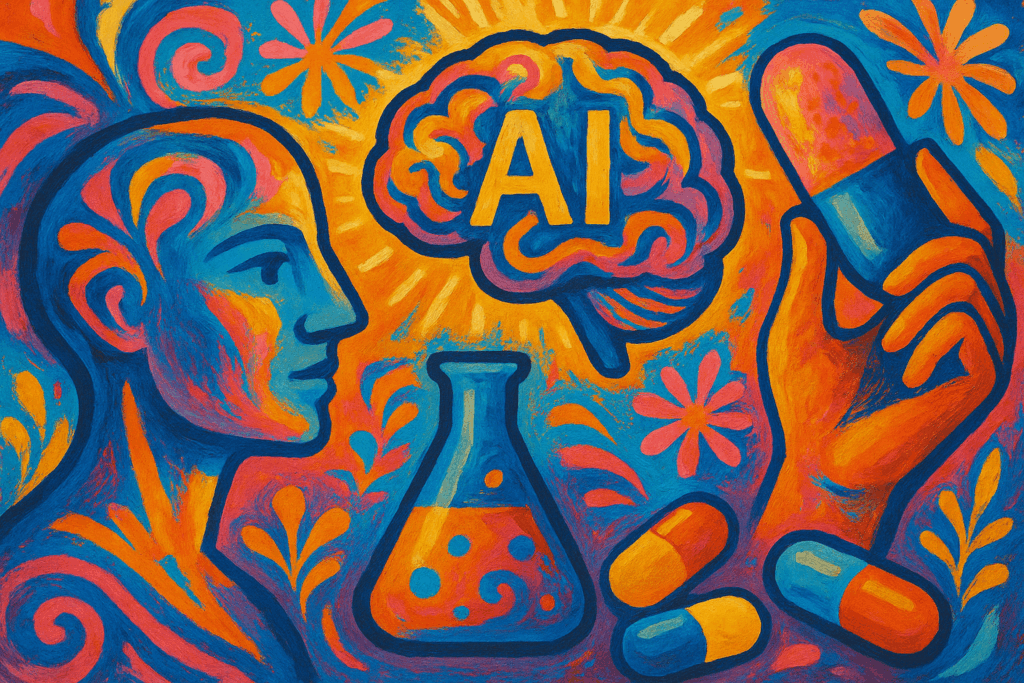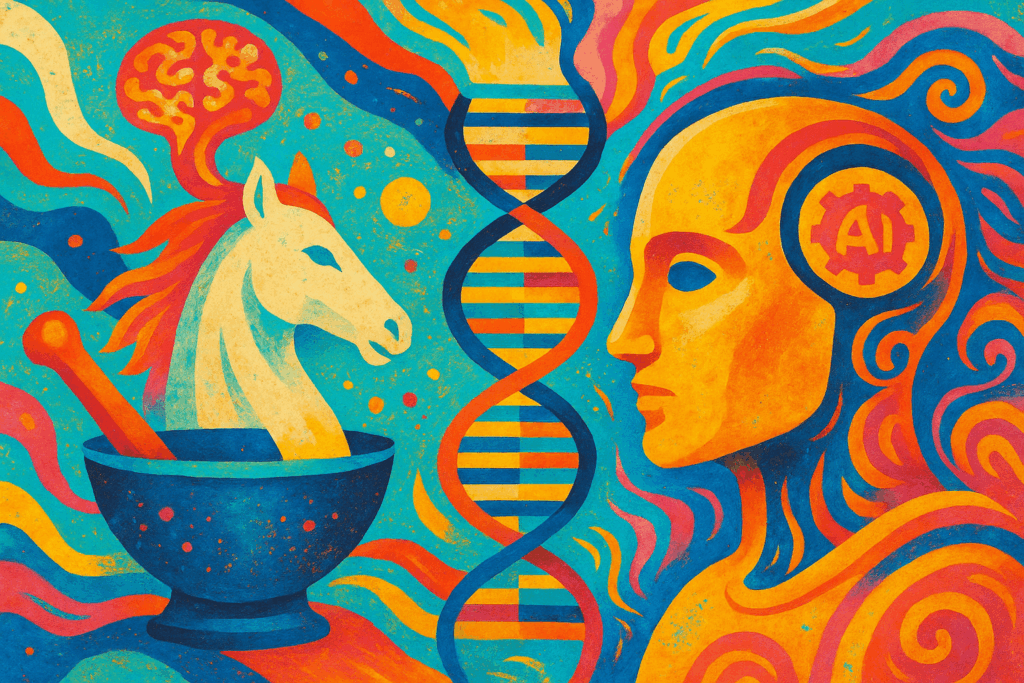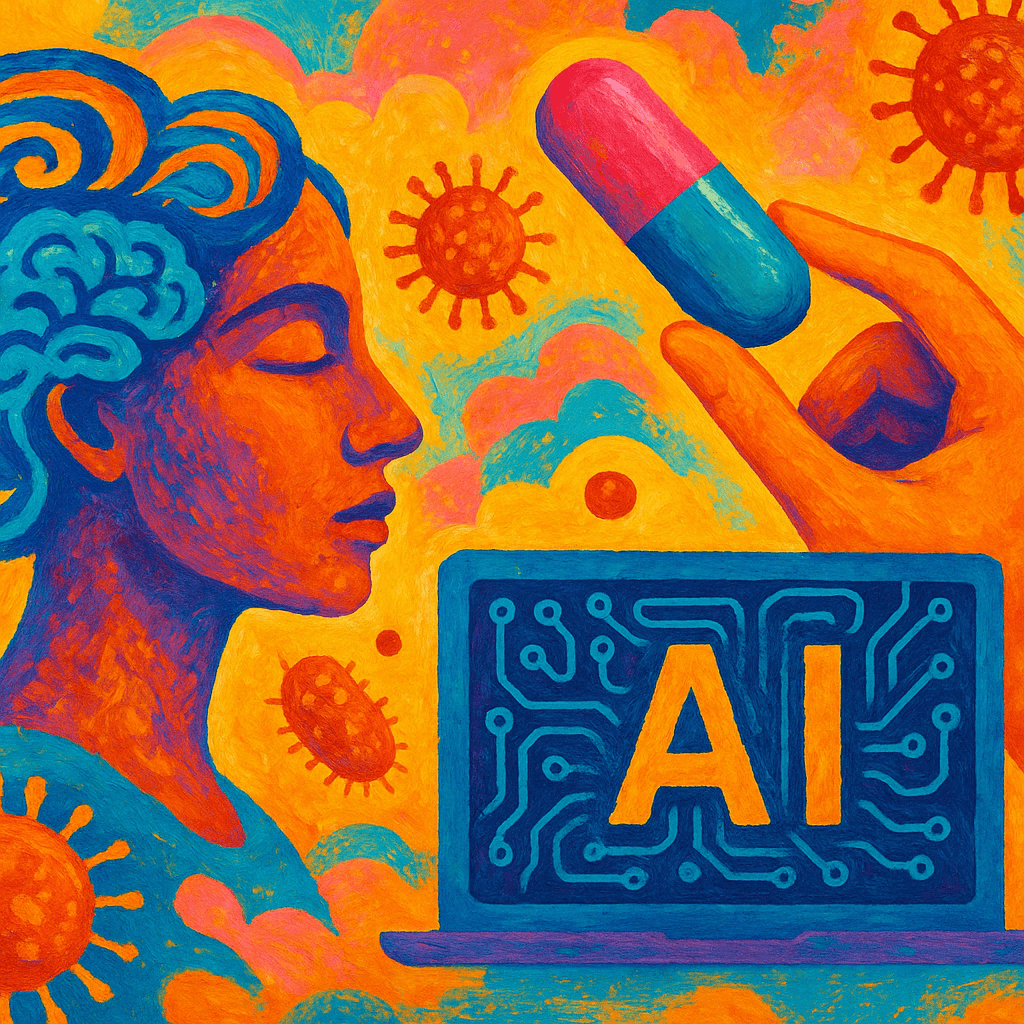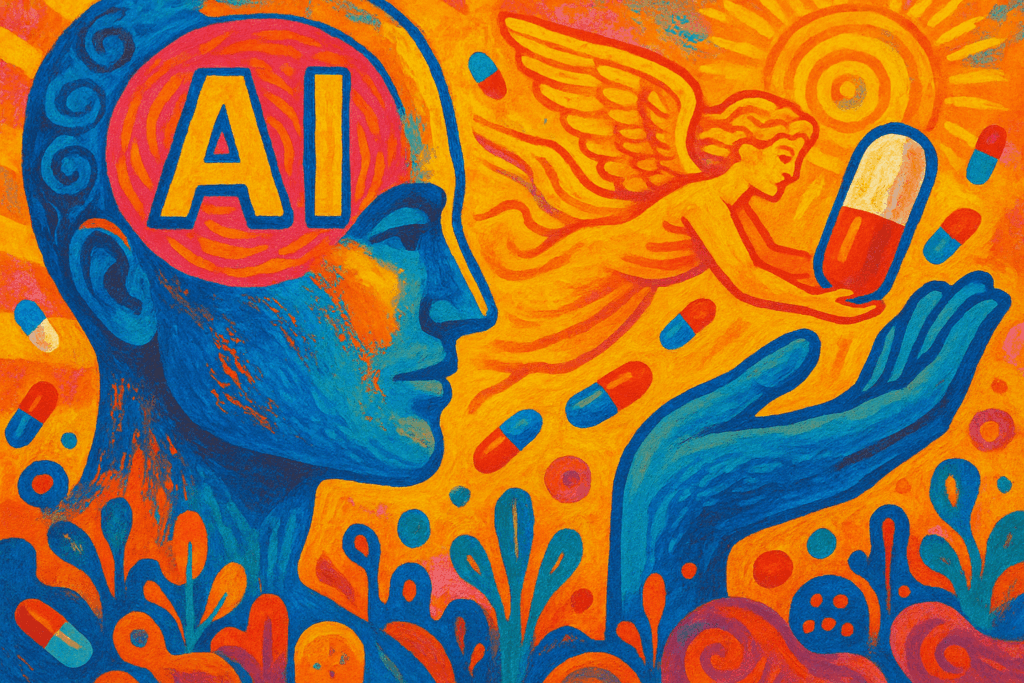AI’s Role in Revolutionizing Drug Discovery
Artificial intelligence (AI) is significantly changing the pharmaceutical industry’s approach to drug discovery. Traditional drug development often involves lengthy timelines and high costs, with many compounds failing during trials. AI introduces data-driven methods that reduce time-to-market and improve the success rate across development phases.
Key Areas Where AI Makes a Difference
Streamlining Target Identification
AI analyzes vast biological datasets, including genetic information and disease pathology, to identify viable targets for new drugs. Machine learning models detect patterns and insights beyond human capability, helping researchers focus on the most promising avenues early in the development process.
Accelerating Compound Screening
Testing millions of potential drug candidates in the laboratory can be time-consuming and expensive. AI models can predict how different compounds might interact with targets. This accelerates virtual compound screening, allowing pharmaceutical companies to prioritize candidates with the highest likelihood of success.
Improving Clinical Trial Design
AI enhances clinical trials by helping select patient populations that meet precise criteria, improving trial efficiency and data quality. Predictive analytics aid in anticipating patient responses and managing trial risks, making clinical studies more streamlined and informative.
The Future Landscape of AI-Driven Pharmaceuticals
Looking ahead, AI will continue to advance pharmaceutical research, potentially identifying novel treatments, optimizing personalized medicine, and reducing development costs. While ethical considerations such as data privacy and bias remain important, ongoing progress indicates a transformative impact on healthcare innovation.




